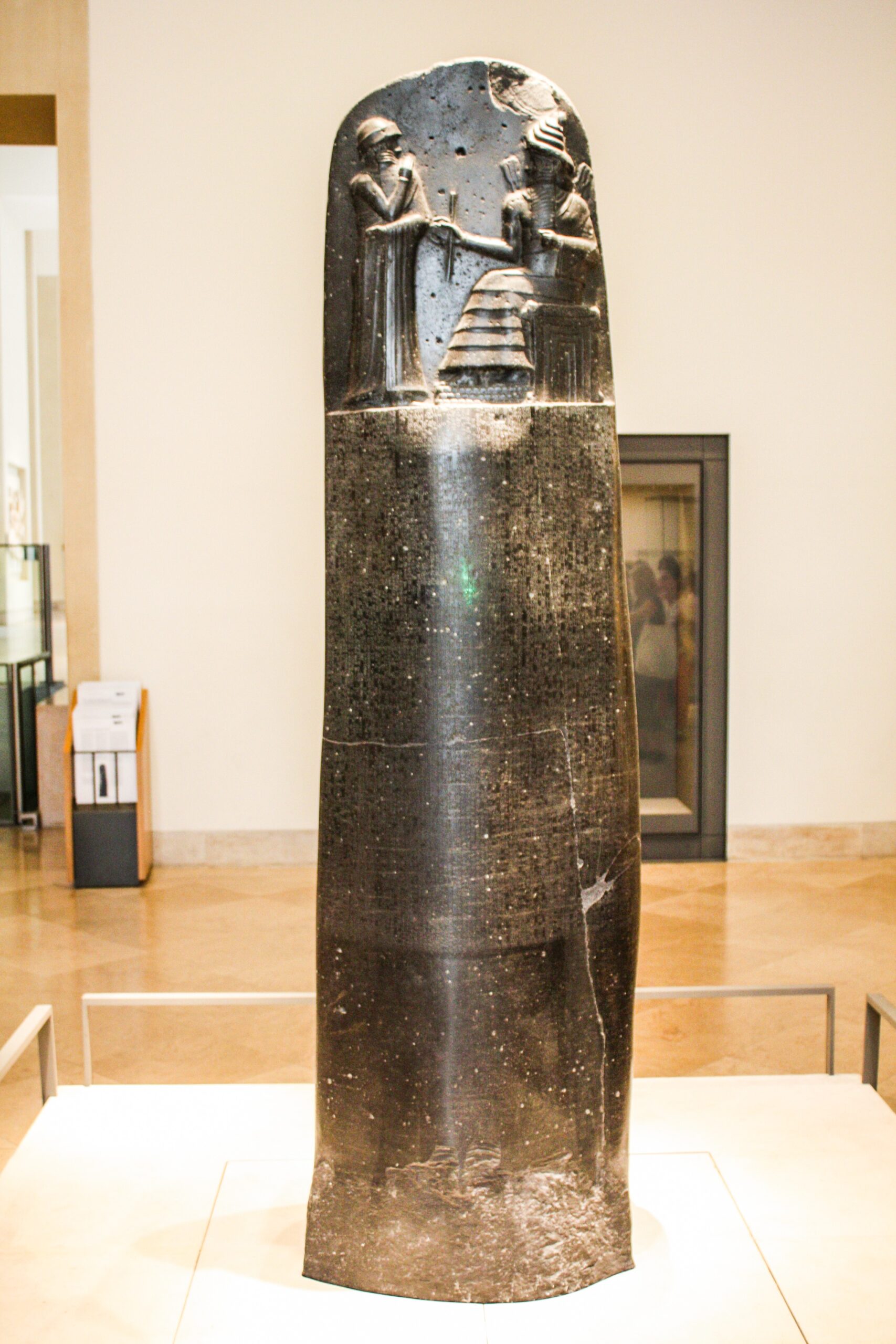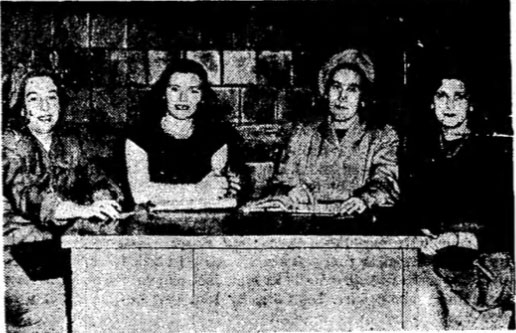At the risk of trying your patience with two columns in a row of poetry, I think the point bears stressing: it’s impossible to understand modern Yiddish culture without opening up to poetry because Yiddish has always reveled in poetry. Some of its earliest literary treasures have been works of poetry, and it has contributed masterpieces of depth and sophistication to the world literary storehouse. Yiddish poets have climbed the Parnassian heights of art for its own sake, and they have mounted the barricades of political engagement and social revolution. Leyzer Volf (1910-1943) had a unique modern voice. Widely read in the poetry of many cultures, he had an ear not only for the literature’s upper registers, but also for the language’s earthy rhythms and the culture’s deep ironic commitments. His poetry is both puckish and politically barbed. (In the poem I will offer you below, for example, note the wonderful satirical neologism: a vineyard in Yiddish is “váyngortn” (literally, wine garden), but he gives the king’s loyal ape a “shváyngortn,” a “garden of pigs”, or as I have it, a swineyard.)
A native of Vilna, Leyzer Volf was a member of the impressive Yung Vilne group of talented Yiddish writers associated with that city. During the Second World War he fled with the Soviet withdrawal from his city and died of starvation not far from Samarkand in 1943. Like Itsik Manger, he deployed folk songs to great satirical effect. In this poem, taken from the collection “Di bróyne béstye” (The Brown Beast), which was published shortly after his death, he begins with a well-known lullabye. The phrase “Amól iz gevén a máyse” is instantly recognizable as the traditional beginning of a fairytale, a direct parallel to “Once upon a time.” My loyal readers will note how simple and straightforward the Yiddish is. The sweetness of the melody it brings to mind and the generic context of lulling a child to sleep are in jarring opposition to the subject matter. Despite the narrative ugliness (note again the date of the poem’s publication), the theme of agency in dark times actually achieves the hopeful goal of the lullaby genre it purports to represent. I offer it in the hope that we all may get at least a little sleep.
Amól iz gevén a méylekh
Amól iz gevén a máyse.
Di máyse iz gor nit fréylekh.
Di máyse heybt zikh ónet
Mit a mérder a méylekh.
Refrain:
Lyúlinke, mayn féygele,
Lyúlinke, mayn kind.
S’dervárt im azá mapóle,
vey iz im un vind.
Amól iz gevén a méylekh,
Der méylekh hot gehát a málpe.
Di málpe hot gehát a shváyngortn,
Lyúlinke, mayn kind.
(Refrain)
Der méylekh hot geshlúngen lénder,
der méylekh hot geshlúngen léndelekh.
Der méylekh hot gemútshet ménshelekh,
vey iz im un vind.
(Refrain)
Der méylekh iz álemen báygekúmen.
Der méylekh iz álemen áyngenúmen.
Er vet áynnemen a míse-meshúne,
vey iz im un vind.
(Refrain)
Un dem méylekh iz gevén véynik alts,
úndzer land iz im geshtánen vi a beyn in haldz,
un er geyt afn land fun di lénder,
vey iz im un vind.
(Refrain)
Un der méylekh hot zikh óysgefáynt,
az er nemt úndzer sheyne hóypt-shtot haynt.
A fayg hot er genúmen,
Lyúlinke, mayn kind.
(Refrain)
Un der méylekh hot generáln,
un di generáln hobn físelekh.
Oy, záynen zey gelófn tsurík, tsurík,
mayn kind.
(Refrain)
“Once There Was a King”
Once upon a time — a story.
The story is not nice, but gory.
The story begins
With a murderer king.
(Refrain):
Lullabye, my chickadee.
Lullabye, my dear baby.
His downfall awaits him then,
Oh, he’s bound for a horrible end.
Once there was a king.
The king had a monkey.
The monkey had a swineyard.
Lullabye, my child.
(Refrain)
The king swallowed up countries,
The king swallowed up counties.
The king tormented women and men.
Oh, he’s bound for a horrible end.
(Refrain)
The king has defeated one and all.
The king has put them all in thrall.
He’ll suffer a death most violent.
Oh, he’s bound for a horrible end.
(Refrain)
The king was not satisfied.
Our nation was a thorn in his side.
He treads on every land.
Oh, he’s bound for a horrible end.
(Refrain)
The king showed off and swaggered
When he took our lovely capital, the braggart.
We flipped him the bird.
Lullabye, my baby.
(Refrain)
The king has generals fleet,
And the generals have feet.
Oh how they turned and fled away, away.
My baby, Lullabye.
(Refrain)





